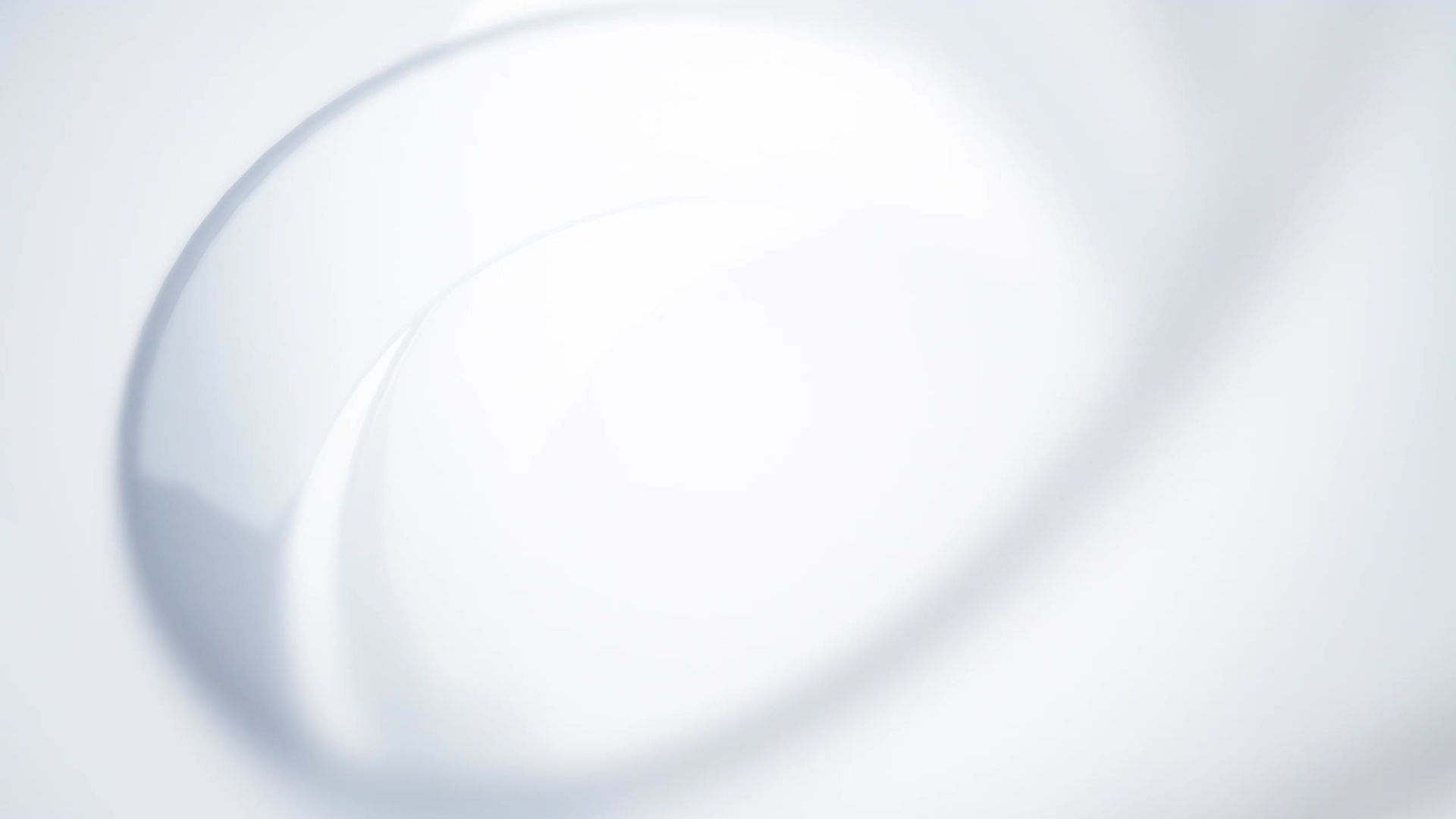
Many Ukrainian businesses are currently looking for new opportunities abroad. To support and facilitate this expansion, the European Business Association, together with Global Business for Ukraine, conducted a special discussion on the peculiarities of German market and ways of cooperation with METRO Germany.
At the meeting, Jean-Sebastien Blum, Vice President Global Food Sourcing Dry & Near Food at METRO AG, and Karsten Bartmer, Division Manager of Dry Food at METRO Germany, shared the must-knows about German market and the key information for potential METRO suppliers.
Market Tips
Germany is one of the most competitive markets in the world, dominated by discounters. That’s why both price and quality matter. Germany is very brand driven, as customers show high loyalty to their favourite brands. It makes entering the market with a new brand without a massive marketing campaign extremely difficult. A cost of building a brand and distribution chain on German market from scratch might require up to 10 mln EUR and 3-5 years. Therefore, if you do not have some specific or niche product, it might be easier to enter the market in cooperation with a retail or wholesale chain producing for its private labels.
Organic food, meat alternative/veggie products, non-alcoholic spirits are trendy in Germany now. Such economic factor as high inflation also greatly influence consumer behavior. There is a move for cheaper products, growing popularity of private labels, and huge increase in volume for the price-entry products. Lately, big expensive brands have lost in volume but increased in price.
While negotiating with German partners, it’s important to be frank and clear. You do what you say and say what you do. It’s also recommended to have only one contact person as a company representative while communicating with German partners.
Cooperation with METRO
METRO is looking for industry partners that can supply their brands for the shelves or produce for METRO labels for Germany and other EU countries. Price and quality are crucial for METRO. Requirements for suppliers are as follows.
For Non-Food Suppliers:
A supplier should have a valid BSCI certificate
A supplier should have a valid ISO 9001:2015 certificate or be willing to pass an internal METRO certification
A supplier should be willing to produce under the own brands of METRO
The suppliers’ products must meet the quality and safety requirements of the EU
For Food Suppliers:
Products should be suitable for HoReCa
Suppliers should be IFS or BRC-certified (unannounced audits)
Suppliers should be BSCI certified (Social responsibility)
Suppliers should have a representative office in an EU country
Suppliers should have export experience in the EU
Once in a year, METRO announces a tender for different product categories where interested suppliers are invited to take part. All tender processes are conducted online and are followed by presentation of business and products for METRO procurement team, quality, and compliance checks.
For the wholesale trade, 100% product availability is №1 priority. That’s why it’s important for METRO they have a reliable supplier that can fulfil all the obligations and maintain the same quality all the time.
As EU food security regulations are quite strict, METRO runs a very thorough documentation check, including who is behind the company. For example, companies registered in offshore jurisdiction are no-goes for cooperation. For a-brand products, supplier responsibility is applied, for private levels – shared responsibility.
We thank our speakers for their time and expertise. Hopefully, these tips and advice will be useful for those Ukrainian companies interested in German market and new opportunities will be seized!


Comments